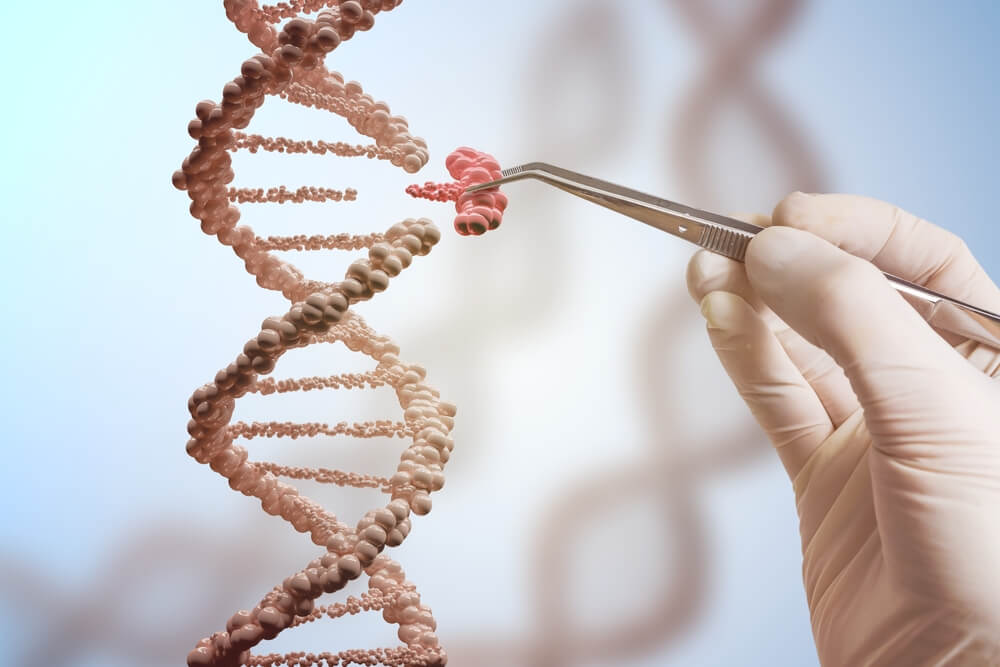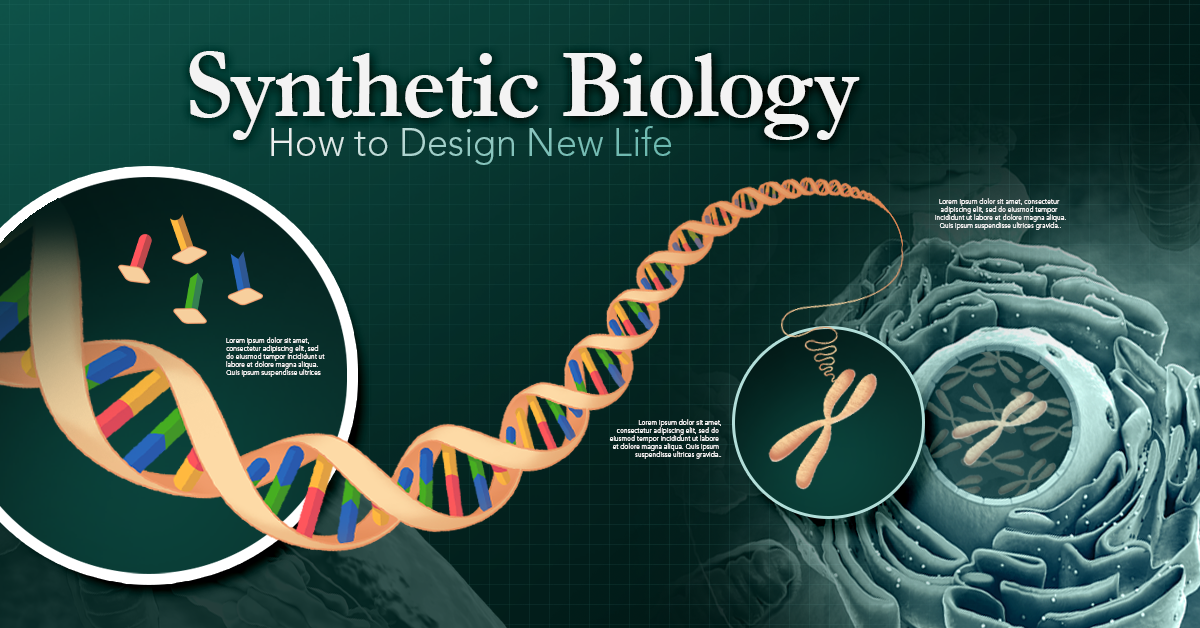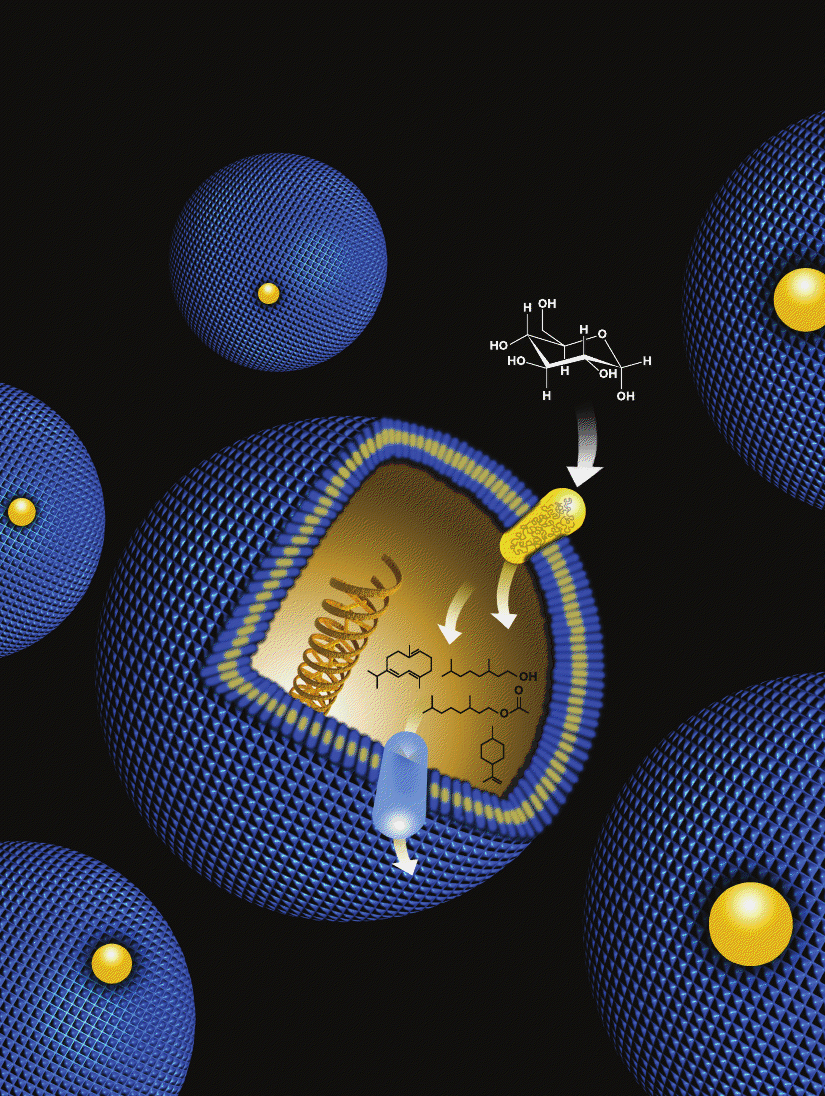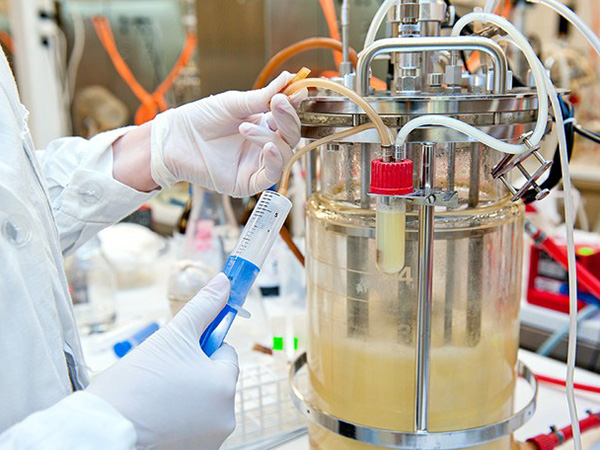Course Details:
The field of Biotechnology combines biology, chemistry, and technology to harness the power of living organisms and
biological systems for practical applications. A program in Biotechnology equips students with a comprehensive
understanding of the fundamental principles of biology and their application in various industries, including
healthcare, agriculture, environmental science, and pharmaceuticals.
In a Biotechnology program, students gain a solid foundation in areas such as molecular biology, genetics, biochemistry,
microbiology, and cell biology. They learn how to apply these principles to manipulate biological systems, develop new
technologies, and solve complex problems. The curriculum typically includes both theoretical coursework and practical
laboratory sessions, allowing students to develop essential skills in experimental techniques, data analysis, and
scientific research.
Throughout the program, students delve into the diverse areas of Biotechnology and explore its various applications.
Here are some key areas of study within Biotechnology:
- Genetic Engineering: Students learn about the manipulation of genes and genetic material to develop genetically modified
organisms (GMOs) with desired traits. They study techniques such as gene cloning, DNA sequencing, and gene editing tools
like CRISPR-Cas9. Genetic engineering has applications in agriculture, medicine, and industrial biotechnology.
- Bioprocessing and Biomanufacturing: This area focuses on the production of valuable products using biological systems,
such as enzymes, proteins, and pharmaceuticals. Students learn about fermentation processes, cell culture techniques,
downstream processing, and quality control methods. Bioprocessing plays a crucial role in the pharmaceutical, food, and
chemical industries.
- Medical Biotechnology: Students explore the application of biotechnology in healthcare and medicine. They study topics
such as molecular diagnostics, genetic testing, drug discovery and development, regenerative medicine, and
biopharmaceutical production. Medical biotechnology contributes to advancements in personalized medicine, disease
diagnosis, and innovative therapies.
- Agricultural and Environmental Biotechnology: Students learn how biotechnology can improve crop production, enhance
agricultural sustainability, and mitigate environmental challenges. They study topics like plant tissue culture, genetic
modification of crops, biopesticides, and bioremediation techniques. Agricultural and environmental biotechnology aims
to address global food security and promote sustainable practices.
- Industrial Biotechnology: This area focuses on the use of biological systems for industrial processes and the production
of biofuels, chemicals, and biomaterials. Students explore topics like metabolic engineering, enzyme technology,
bioreactor design, and bioinformatics. Industrial biotechnology offers sustainable solutions for resource utilization
and reducing environmental impact.
A program in Biotechnology also emphasizes the importance of ethical considerations, biosafety regulations, and
intellectual property rights in biotechnological research and development. Students are encouraged to stay updated with
the latest advancements and emerging technologies in the field.
Upon completion of a Biotechnology program, graduates have a wide range of career opportunities. They can work in
research and development laboratories, pharmaceutical companies, biotechnology firms, government agencies, academic
institutions, or start their own biotech ventures. Possible job roles include research scientist, biotechnologist, lab
technician, quality control analyst, regulatory affairs specialist, or scientific consultant.
Overall, a program in Biotechnology provides students with a strong interdisciplinary foundation, hands-on laboratory
experience, and critical thinking skills necessary to contribute to the advancements in biotechnology, improve human
health, address environmental challenges, and drive innovation in various industrie
Course Structure:
A Bachelor of Science (B.Sc.) in Biotechnology can be earned after three or
four years
of study at Anchor University.
The majority of staff members who are tutors in their field provide tutorials,
classes, and lectures. Many of them are top-tier experts with extensive training in
both teaching and research. Educated PhD students and early-career researchers with
practical research experience may also conduct some teaching.
-
First Year Courses
- Core Courses (40%):
- Biochemistry
- Molecular Biology
- From Molecules to Cells
- Introduction to Laboratory Science
- Introduction to Experimental Biology - Molecular & Cellular Biology
- Microbes, Humankind and the Environment
- Health & Safety
The courses listed on this page are illustrative and may change.
Assessment
- Continuous Assessment.
- Projects
- Examination.
- Praticals
-
Second Year Courses
- Core Courses (30%):
- Molecular and Cellular Biology EDM
- Genome Maintenance & Regulation
- `Omic Technologies & Resources
- Fundamentals of Bacteriology
- Plants for the Future
- Science Communication
The courses listed on this page are illustrative and may change.
Assessment
- Continuous Assessment.
- Projects.
- Examination.
- Practicals
-
Third Year Courses
- Core Courses(30%):
- Post-Genome Biology
- Green Biotechnology
- Projects
The courses listed on this page are illustrative and may change.
Assessment
- Continuous Assessment.
- Projects.
- Examination.
- Practicals
-
Fourth Year Courses
- Core Courses(40%):
- PROJECT AND DEFENCE
The courses listed on this page are illustrative and may change.
Assessment
- Continuous Assessment.
- Projects.
- Examination.
- Practicals












